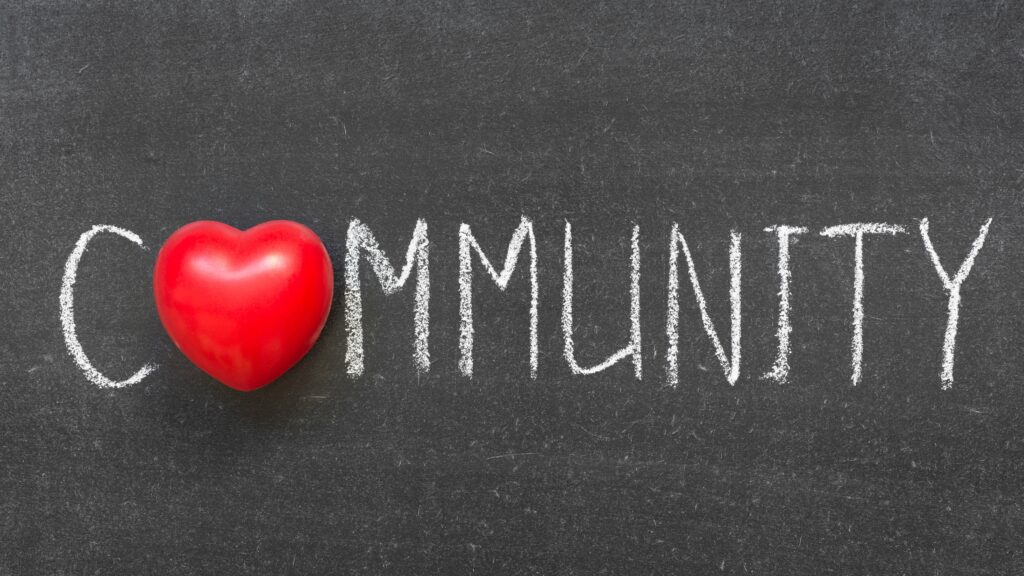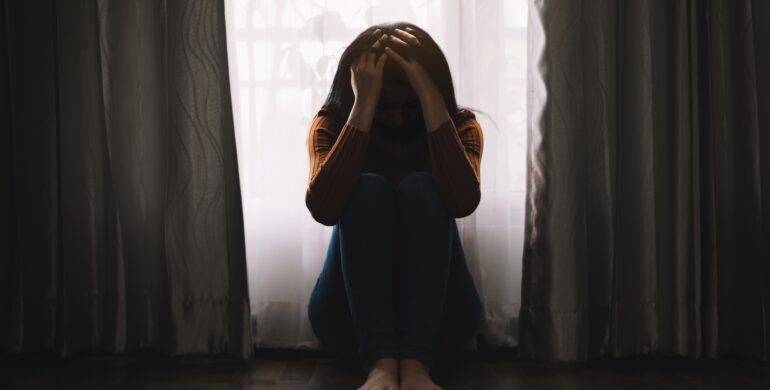Across Africa, conversations about mental health are finally breaking through the silence. But for many, the path to wellness is still steeped in stigma, misunderstanding, and systemic neglect.
In Nigeria, where over 200 million people share just a few hundred practicing psychiatrists, it is not surprising that emotional suffering often goes unseen or worse, criminalized, spiritualized, or dismissed.
Yet, amidst the gaps in our healthcare systems, another form of resilience is rising: community.
This lack of knowledge is dangerous — and deadly.

This year’s theme for World Mental Health Week – COMMUNITY, is a powerful reminder of what has always been true in African societies. Healing has never been an isolated act. It has always been communal: shared through stories, extended hands, attentive elders, songs, spiritual rituals, and shared meals. In every compound, every church or mosque, every market stall, we’ve always known how to hold space for one another.
The modern mental health crisis isn’t just about broken systems. It’s also about disconnection. A loss of belonging. A collapse of the support structures that made life not just bearable, but beautiful.
At The Restored Heart Foundation (RHF), we believe in reclaiming that sense of communal care. Our work in mental health spans schools, primary healthcare centers, underserved communities, and online spaces — all with one goal: making mental wellness a collective responsibility.

Through school outreach, mental health training, and our Mental Health First-Aider Fellowship, we’ve seen firsthand how everyday people can become first responders to emotional crises. In Karu, students who once had no language for their emotions are learning to express and support one another.
In Kubwa, pregnant women now receive psychosocial care as part of their antenatal visits. In online forums, young Nigerians are discussing anxiety, grief, and burnout without shame.
But this work goes beyond our programs.

This is a call to every community leader, parent, teacher, business owner, and youth group across Nigeria and Africa at large: mental health is everyone’s work.
It’s in the way we check in on colleagues after a hard week.
It’s in the teachers who listen, not just lecture.
It’s in the mosques and churches that hold space for grief without judgment.
It’s in the neighbour who chooses kindness over condemnation.
The future of mental health in Africa doesn’t depend solely on building hospitals or training psychiatrists (though we need both). It also depends on reviving our old truths: that healing is holistic, that community is medicine, and that no one should suffer alone.
This World Mental Health Week, let’s remember:
We are the village.
We are the solution.
And together, we can reclaim our minds — and our futures.


